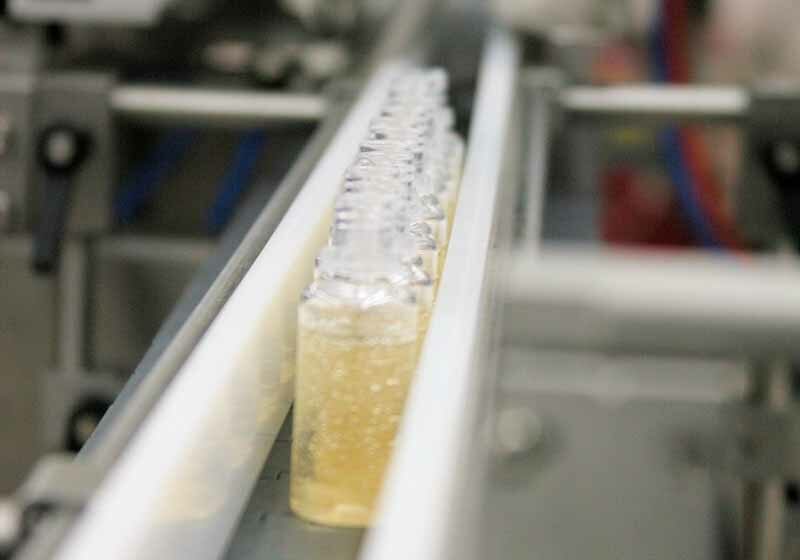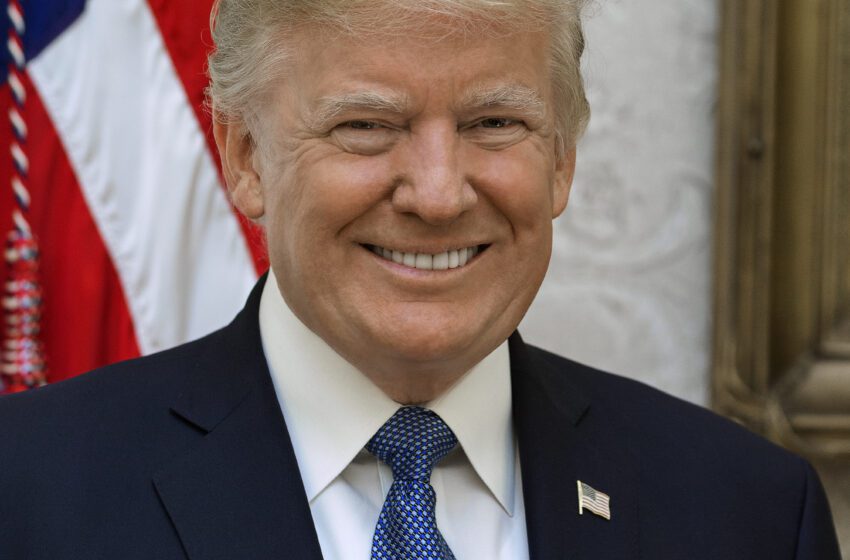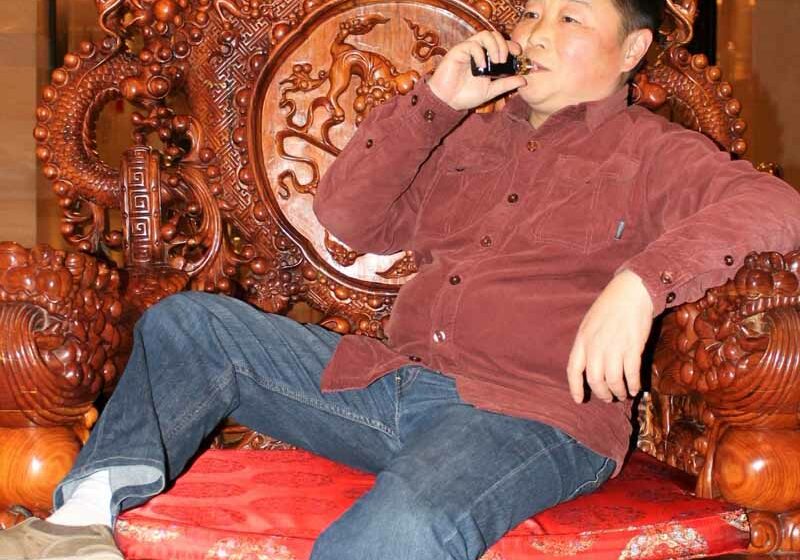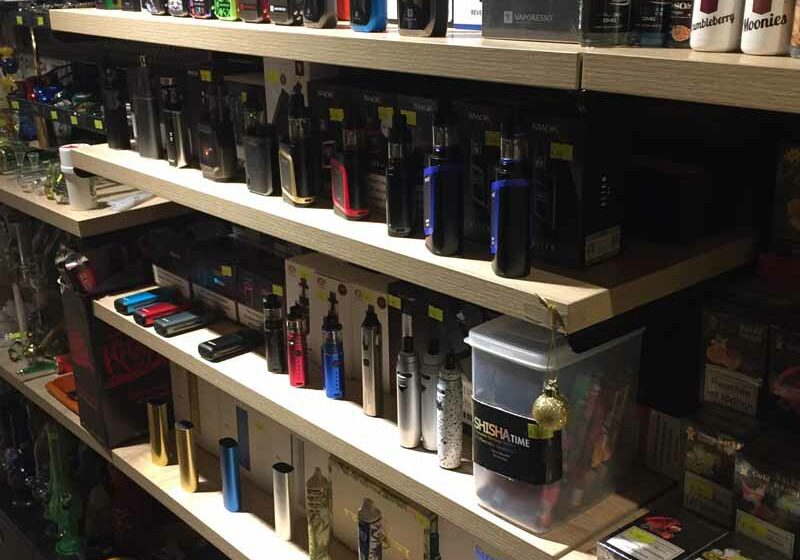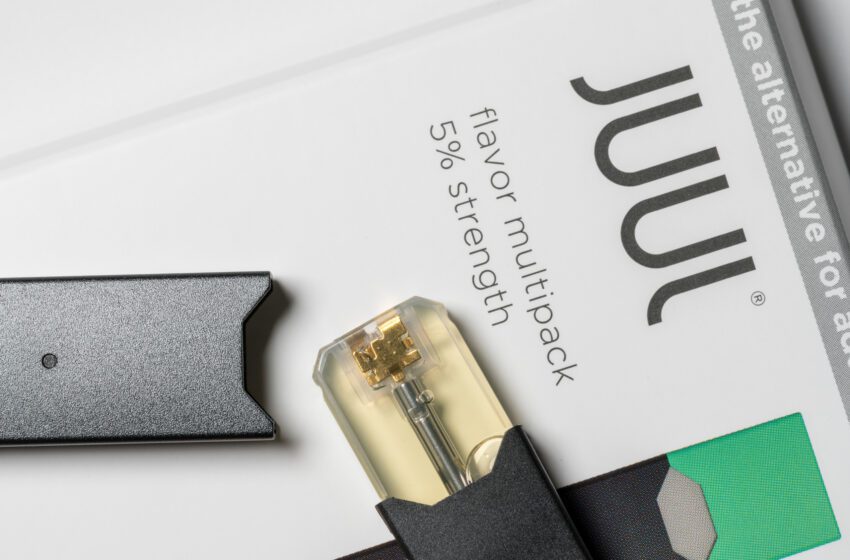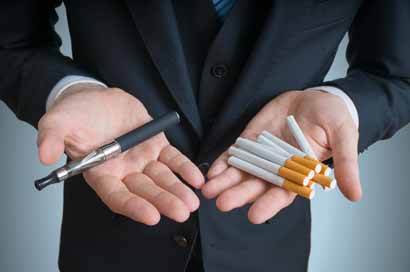The South Korean government’s recent warning on the use of vapor products is causing confusion for consumers. Smokers and vapers alike are left without information on how harmful e-cigarettes are and whether combustible cigarettes are any safer.
Amid the confusion, more and more retailers are suspending sales of e-liquids, driving e-cigarette smokers to consider returning to combustible ones, according to an article on koreatimes.co.kr.
Last week, the Ministry of Health and Welfare issued a “strong” recommendation that smokers stop using vaping products until their effects on the human body are fully confirmed, an upgraded warning from last month’s “advisory” telling people to limit their use of the products. The recommendation followed lung diseases and deaths in the U.S. among people using illegal marijuana, not nicotine, cartomizers.
Following the recommendation, major convenience store chains decided to remove flavored liquid e-cigarettes from their shelves across the country until the health authorities announce the study results on chemical substances and the toxicity of those products. While GS25 announced the decision first, emart24, 7-Eleven and CU followed suit, according to the article.
Consumers of the liquid e-cigarettes, however, said the government’s announcement has only caused more confusion.
“I honestly don’t understand the government’s recommendation to stop using e-cigarettes while it has not released any tangible information or scientific proof that e-cigarettes are more harmful than conventional ones,” said Lee Chul-hyung, a 41-year-old patent lawyer who has been using the product for about eight months, the article states..
“Do they mean that e-cigarette users should turn back to combustible ones? Or do they mean we have to totally quit smoking? Are there any better options available to adult smokers who don’t want to quit?” Lee asked.
The health authorities said detailed guidelines would be announced when they finish the study on the substances in e-cigarettes.
“Although the government recommends people stop using liquid e-cigarettes, it doesn’t mean it is safe to smoke conventional cigarettes,” said an official of the Korea Centers for Disease Control and Prevention (KCDC).
“The best option is quitting smoking, as we cannot conclude which one is less hazardous yet,” the official said, according to the story.
Some smokers here also point out that most serious lung disease cases in the U.S. were related to e-cigarettes containing tetrahydrocannabinol (THC), which is illegal in Korea.
The Korea E-cig Industry Association (KECIA) released a statement Friday denouncing the government’s recommendation as “groundless” and “excessive.”
“The problematic substance of liquid e-cigarettes in the U.S. was THC, which is not included in the products sold in Korea,” the KECIA said.
It said the Korean patient, who was cited by the ministry during the briefing, already left the hospital without any specific aftereffects. According to guidance released by the U.S. Centers for Disease Control (CDC) and the Public Health Agency of Canada, people are recommended not to return to smoking combustible cigarettes if they were using vaping products as a means of quitting combustible cigarette smoking, the KECIA said, according to the story.
“The ministry said it would inform people of the harmful effects of e-liquids, but we can’t see any scientific grounds,” the group said. “We request the ministry show proof that liquid e-cigarettes are more harmful than combustible ones.”

